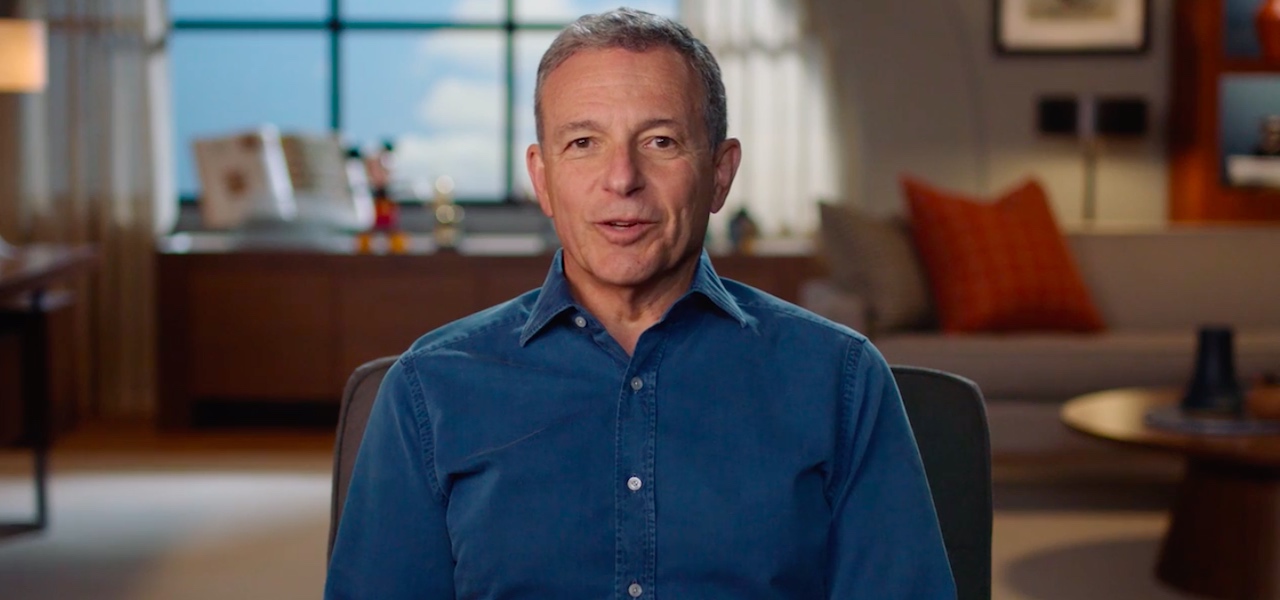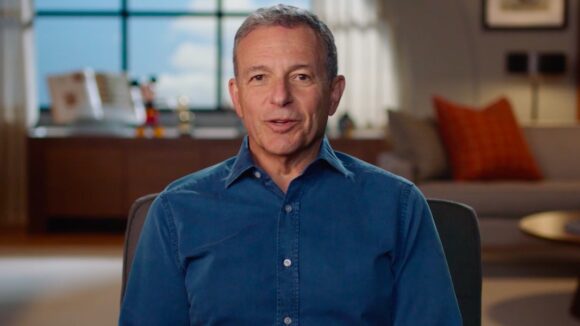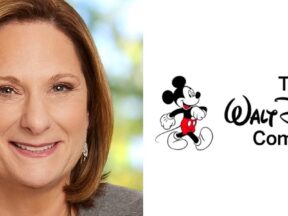

Disney Animation’s Success Is Tied To Pixar Acquisition, Says Bob Iger On His Way Out Of Disney
In ten days’ time, Bob Iger will have left Disney for good, ready to devote his time to book writing, investing, sailing, and whatever else might occupy the rest of his career.
In a victory lap of media interviews, Iger has been reflecting on his time at the company he worked at for 25 years, led for 15 years, and continued to influence throughout the pandemic as executive chairman. More candid than usual — though still guarded — the ex-CEO discusses his successes and failures, his views of where Disney is headed, and his owns plans for the future.
Below, we’ve extracted highlights from his interviews with Variety and CNBC.
His greatest moments
Iger mentions several achievements he’s proud of, including opening Shanghai Disneyland and releasing Marvel’s Black Panther. But he focuses on his acquisitions, especially of Pixar.
Buying the animation studio in 2006 was great “because it was the first [of Iger’s acquisitions], and it put us on a path to achieving what I wanted to achieve, which is scale when it came to storytelling,” he tells CNBC. Iger also bluntly attributed the success and of Disney’s in-house animation studio to the Pixar acquisition. It’s not clear if he means Disney Animation’s financial or creative success (or both), but it’s an interesting take that will surely spark discussion. Says Iger, “You look at Frozen and you look at Moana and you look at Zootopia and you look at Wreck It Ralph and you look at Tangled and the number of Academy Awards and the box-office success, and all of the IP that that created — generated and what how basically we’re going to mine that IP for Disney+, you know, it all was tied really, everything that we’ve done at Disney Animation since then, was tied to the Pixar acquisition.”
His biggest failure
Not buying Youtube. “One of the things I always rued when Youtube emerged is that we didn’t see that first,” he tells CNBC. “I’m the one who put America’s Funniest Videos on ABC in 1989, which was user-generated content — it’s kind of funny — which Youtube really started as. It’s evolved tremendously. Why didn’t I think of that?”
China
With the Chinese government regulating entertainment increasingly tightly, Iger sees storm clouds over the company’s business in the country, on which he staked so much of his legacy. “I am concerned that the relationship between ourselves and China is such that growing in China, doing more business there, is tougher today, and probably will continue to be,” he tells CNBC. He says that if he’d been asked, he would have gladly become ambassador to China.
Disney+
The streamer’s honeymoon phase may be over. Growth has slowed: the platform added 2.1 million subscribers in the most recent quarter, compared to 12.4 million in the previous one. Iger’s diagnosis: “I think [Disney+] needs more volume. And there probably needs to be more dimensionality, meaning, basically, more programming or more content for more people, different demographics. But, [CEO Bob Chapek] is aware of that and is addressing those issues.”
Movie theaters
Iger admits to Variety that, coming from tv, he took a while to understand movies and the value of theatrical exhibition after becoming CEO. That said, “I do think the big-screen movie experience is migrating, not completely, but to a significant extent to an in-home experience versus an out-of-home experience.”
He adds, “The whole day-and-date thing, I don’t know what that gets anybody, frankly. I know everybody says, ‘Give consumers a choice,’ but I think I prefer a model where certain movies — not all movies — are projected on the big screen for a certain period of time and then made available on screening platforms pretty quickly.”
His next book
Iger confirms reports that he’s planning a new book, though he hasn’t signed the contract or started writing. Asked about it by Variety, he answers, “in observing how leaders reacted to the pandemic and to Covid, it struck me that leaders are frequently balancing a set of countervailing dynamics in order to successfully lead through a crisis of that magnitude.” He mentions the need to balance swift action with deliberation, and to be optimistic but also very realistic about the challenges.
His future
Aside from the book, Iger will focus in the short term on “investing in companies that are using technology to disrupt current businesses,” he tells Variety. “Only one comes close to touching media, and it’s pretty far afield from the media I’ve been engaged in.”
Otherwise, he tells CNBC, “I’ll do some speaking, and I’ll see where life takes me.” He’s following advice given to him by Barack Obama: after stepping down from high office, “Don’t commit to anything for six months.”



